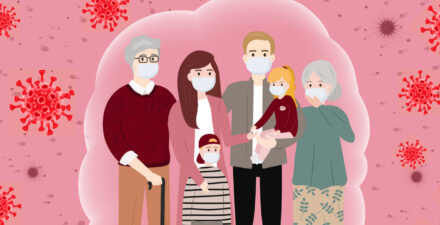Paid leave—including parental leave for new parents, medical leave to care for one’s own serious illness, and caregiving leave to provide care for loved ones—is a critical element of family economic security. Women’s labor force participation in the United States has played a key role in economic growth, yet it has also left millions of families to navigate the conflict between their care and labor market responsibilities, a problem that will only grow worse as the U.S. population ages. Six states plus Washington, DC have enacted paid leave laws, additional states and localities are considering paid leave legislation, and multiple policy proposals exist at the federal level as well. Equitable Growth is accelerating the growth of the knowledge base that informs policymaking at the local, state, and federal level to ensure that solutions to family caregiving challenges work for families, employers, and the economy as a whole.
Featured work
Explore the Equitable Growth network of experts around the country and get answers to today's most pressing questions!



















